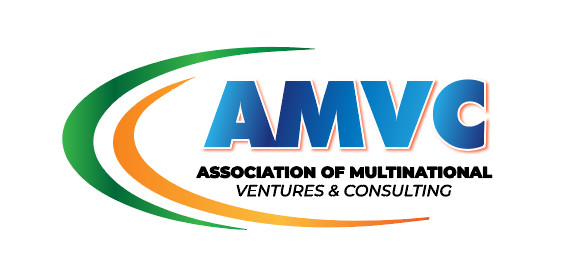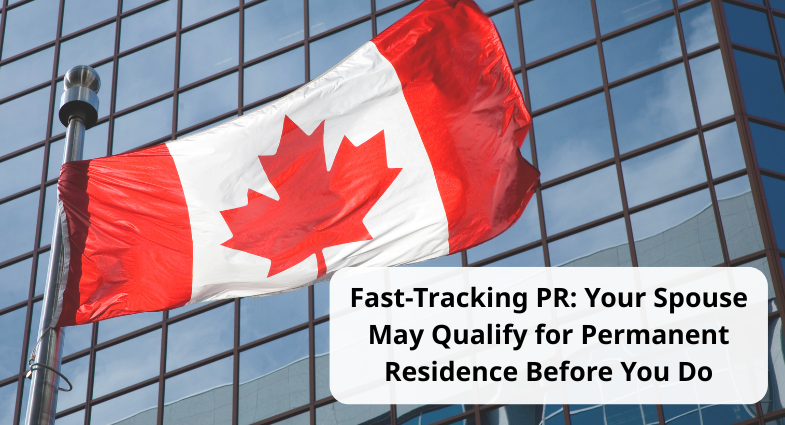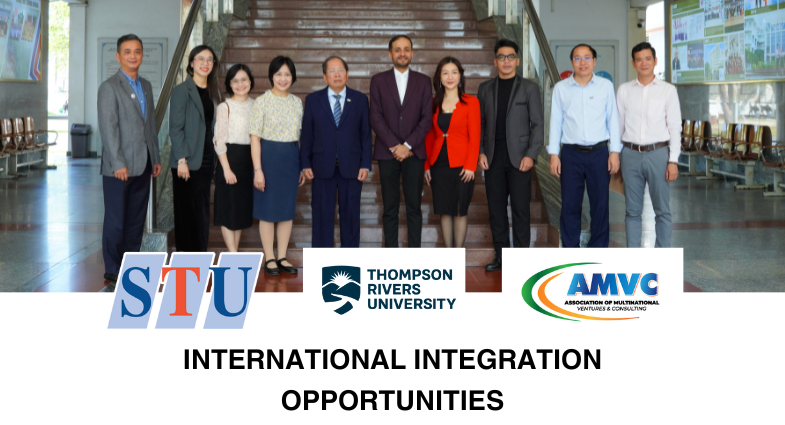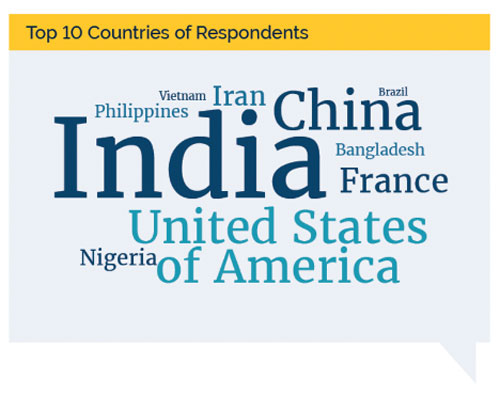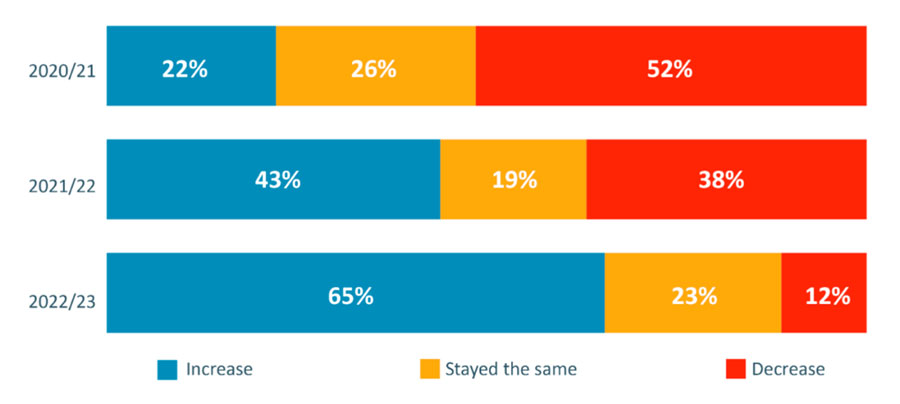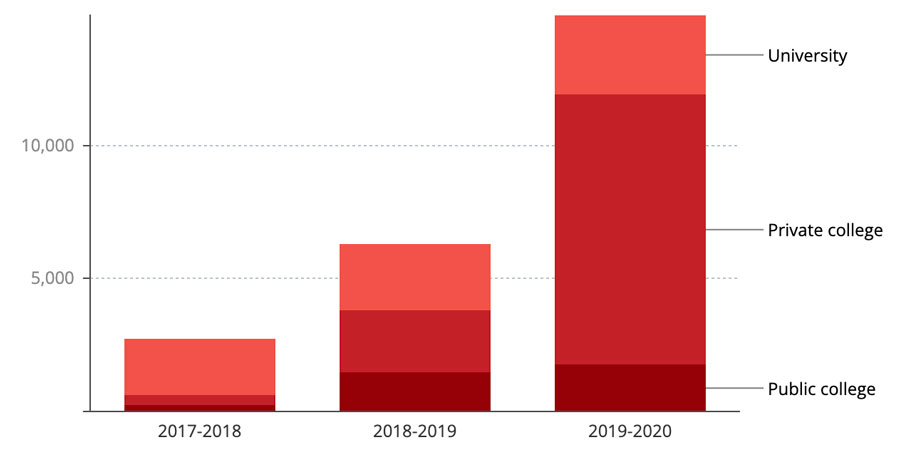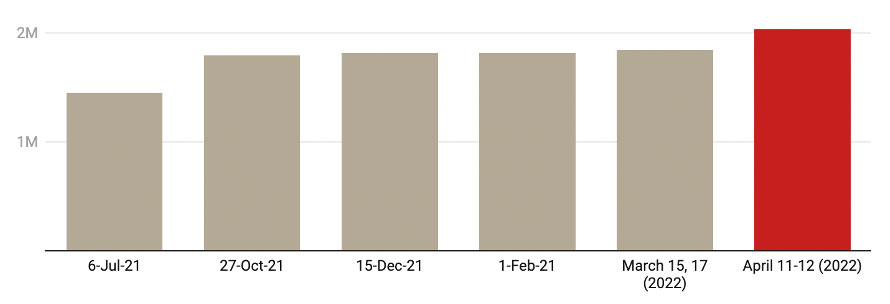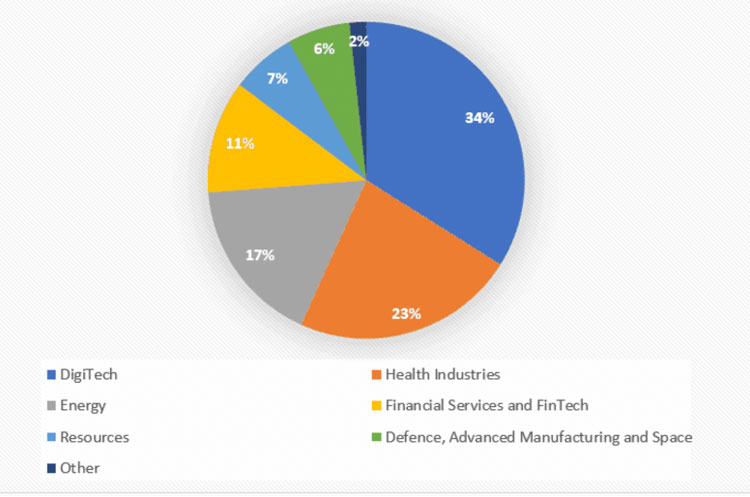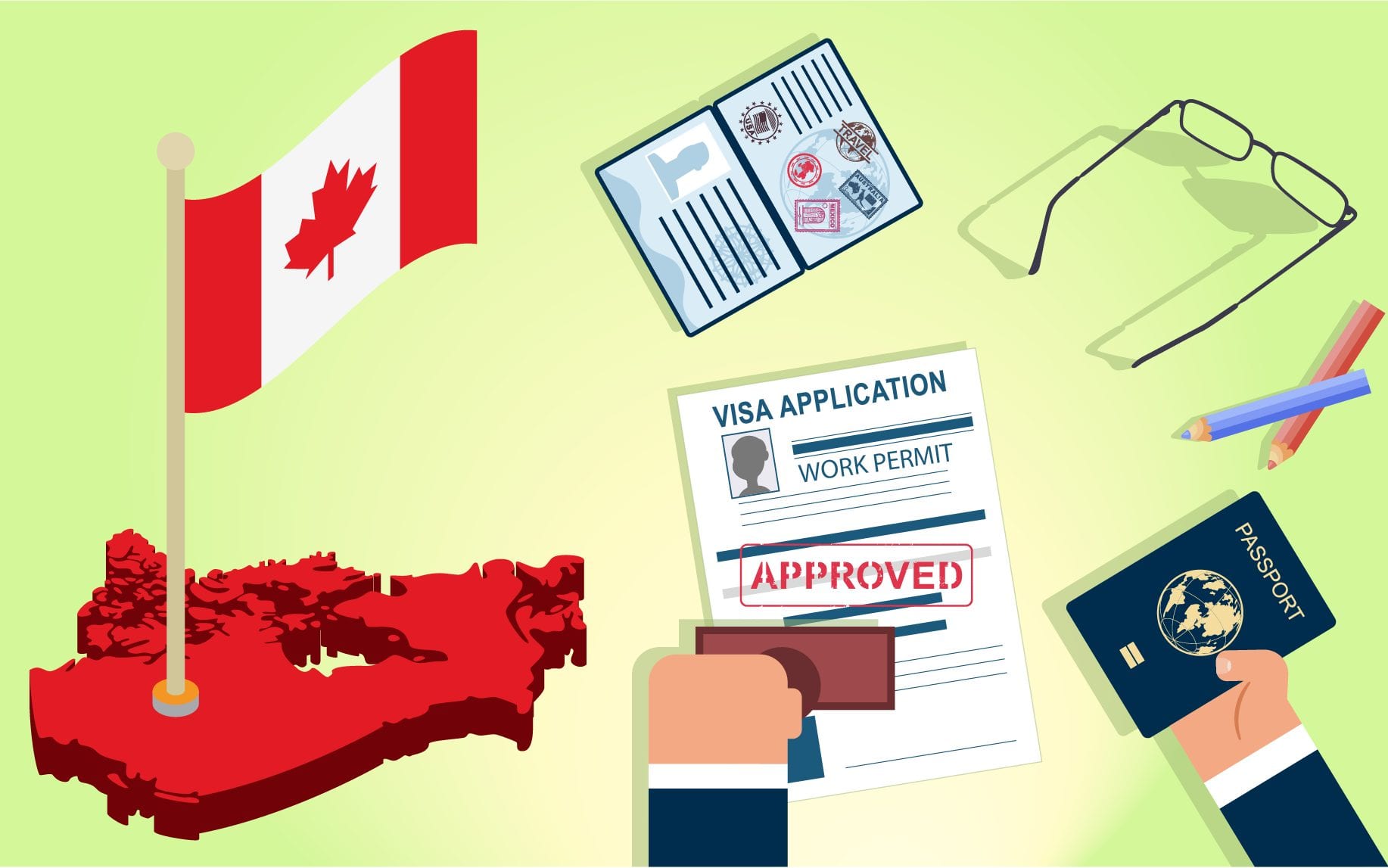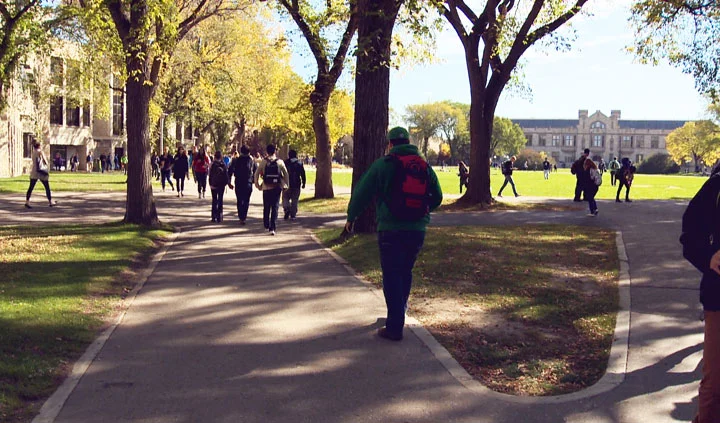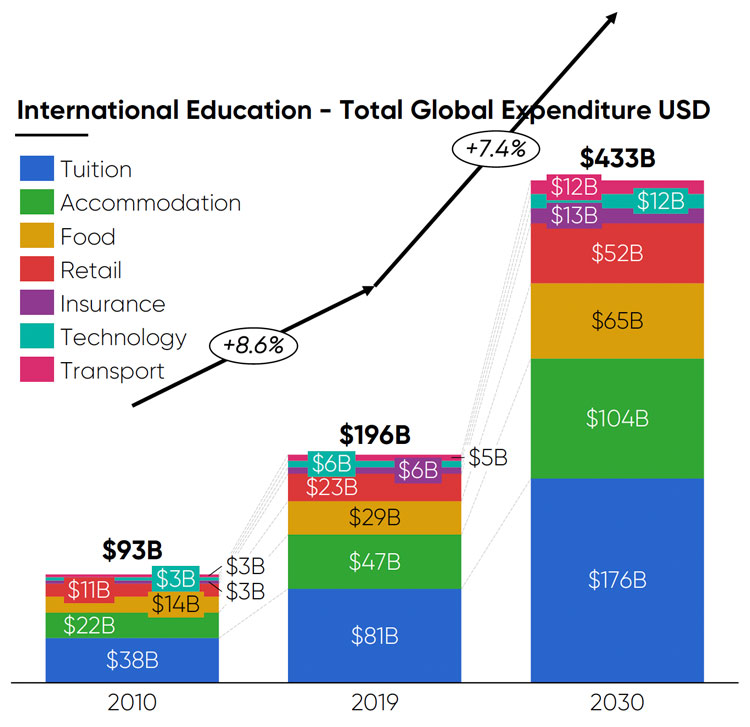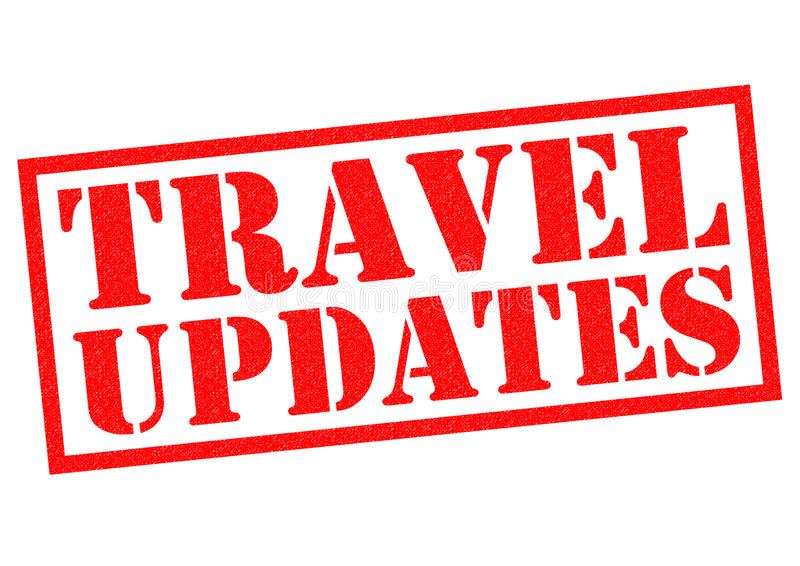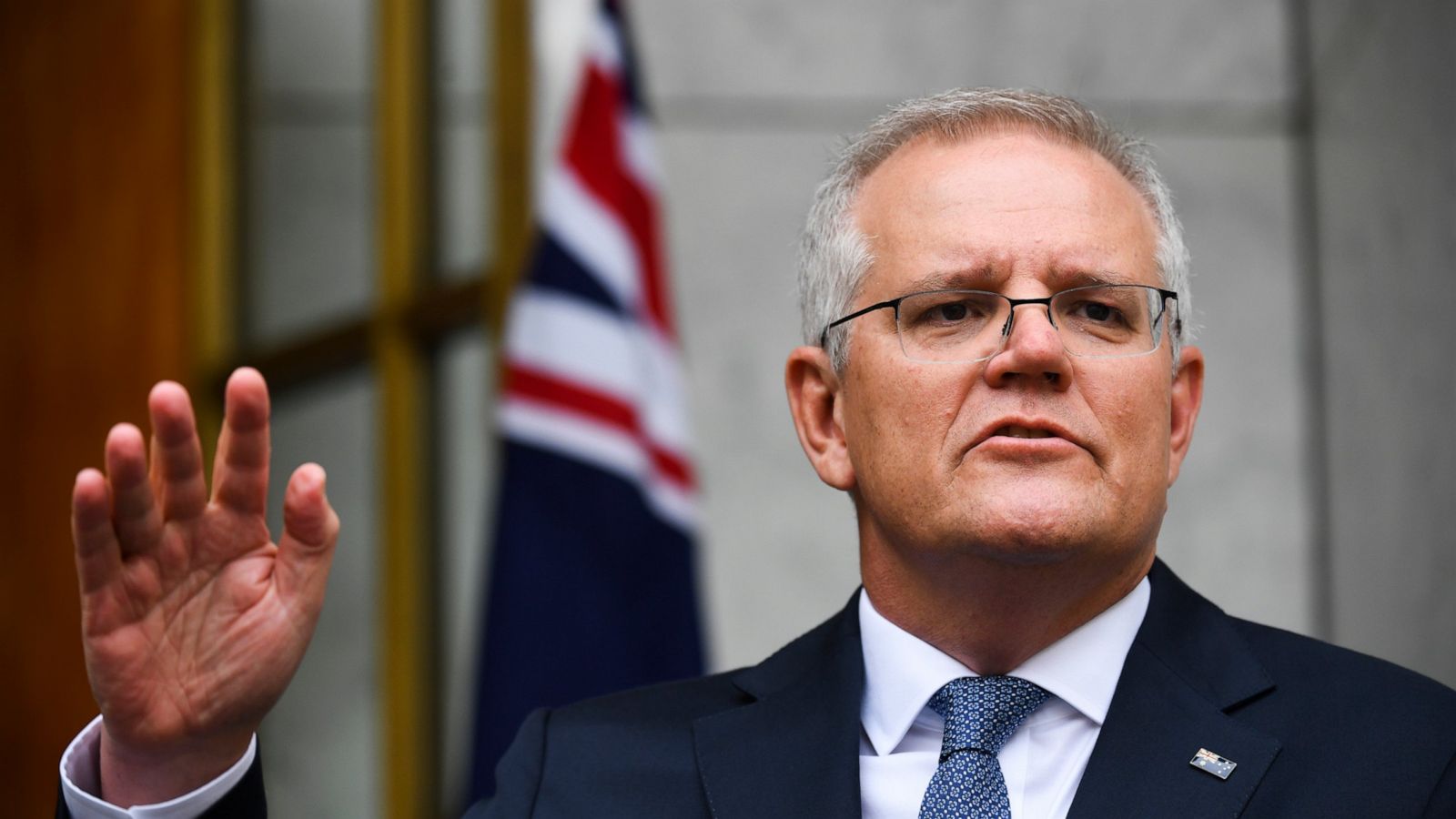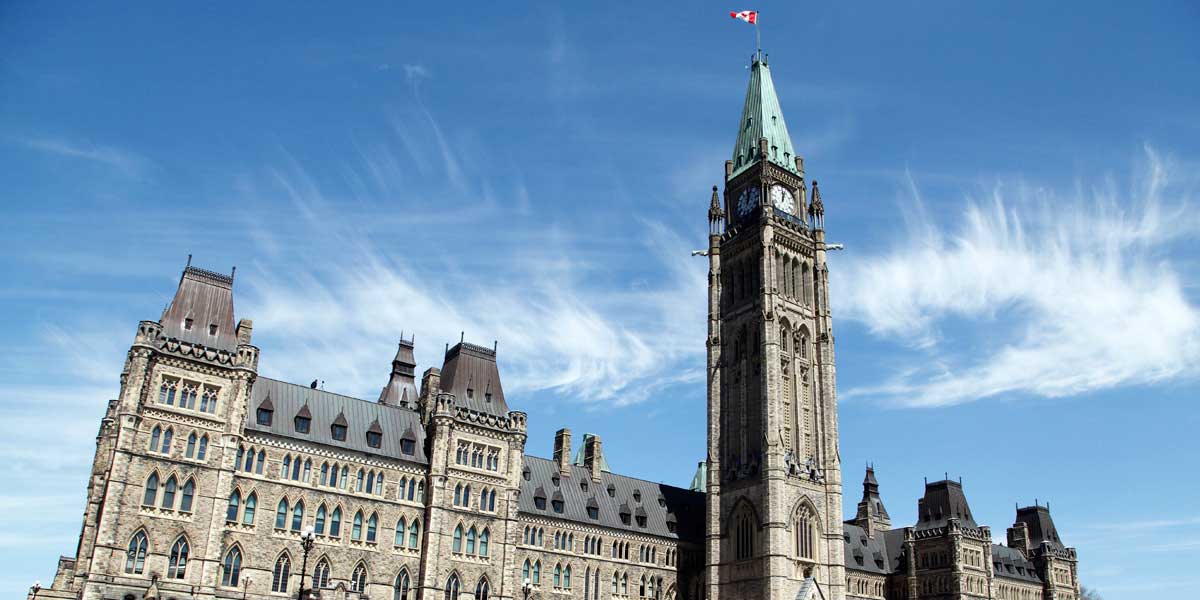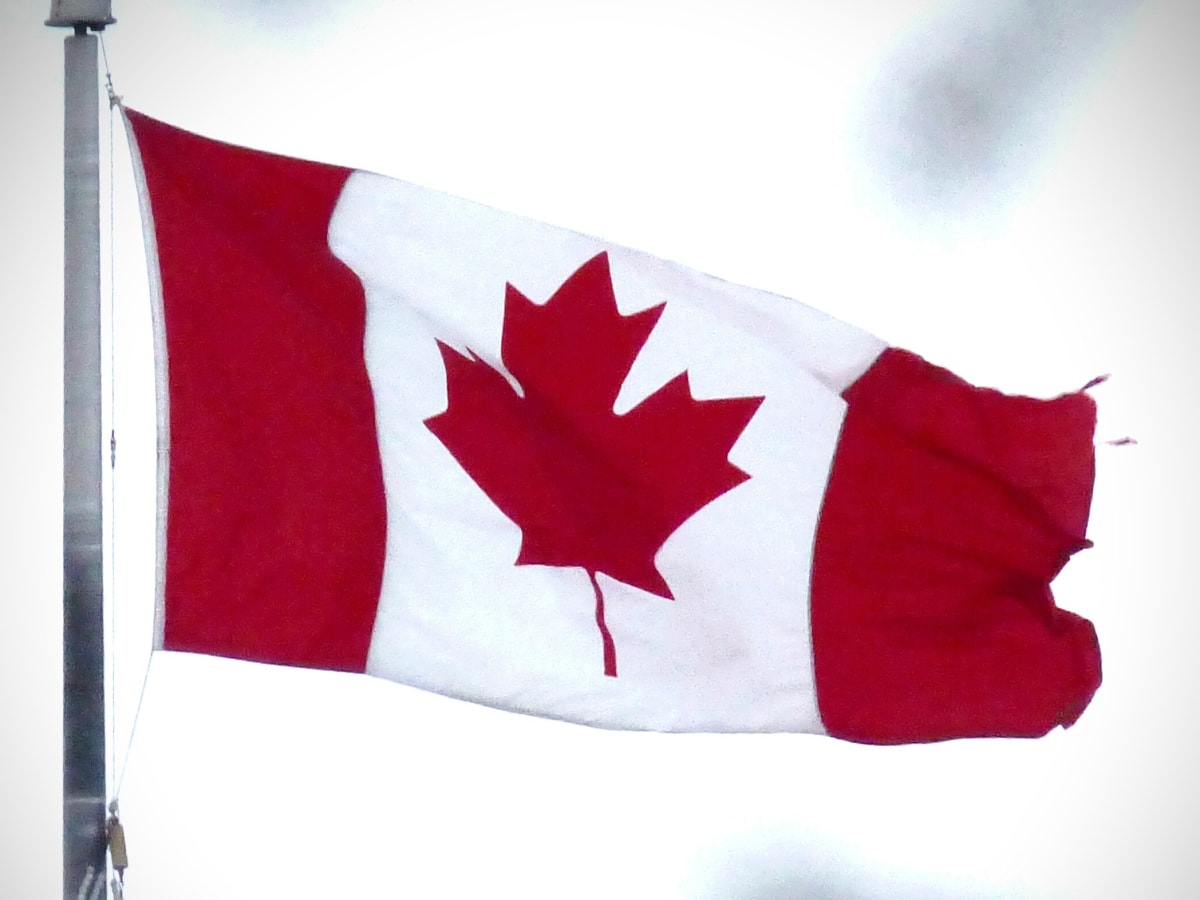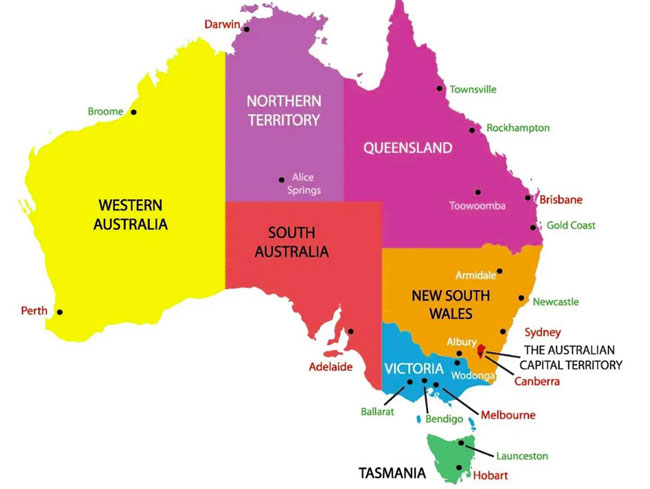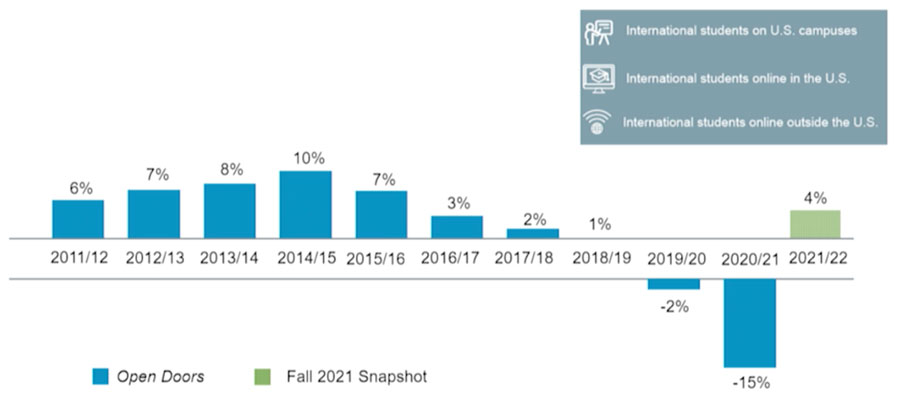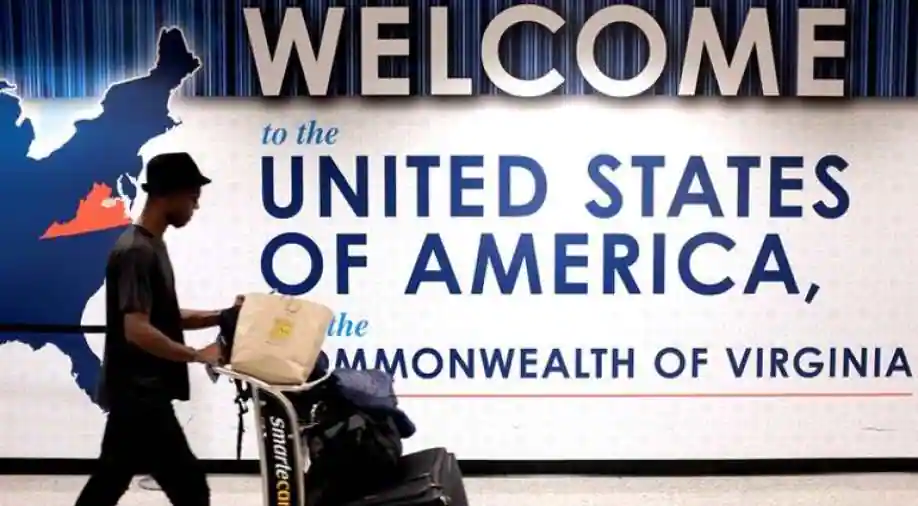Fully vaccinated travelers will be permitted to enter the United States in early November, signaling the end of a months-long travel restriction. The success of vaccination rollouts in various parts of the world pushed the Biden administration to reduce travel restrictions. It will bring relief to individuals working in industries such as airlines, hotels, and international education, as well as the UK and EU governments, which have been irritated by the continuing travel prohibitions impacting their residents.
To be eligible to enter the US, travellers must:
- Be fully vaccinated with vaccines approved by the Centers for Disease Control (CDC);
- Show proof of vaccination before boarding a US-bound airline;
- Provide a negative COVID test taken no more than 72 hours prior to flying.
Additionally, travelers will be compelled to submit border officials with their phone numbers and email addresses in order to conduct increased contact tracing.
Explaining the decision, White House coronavirus response coordinator Jeffrey Zients said,
“Today nearly 6 billion shots have been administered globally and dozens of countries have strong vaccination rates. Vaccines continue to show that they’re highly effective, including against the Delta variant.”
Land borders with Mexico and Canada are now closed.
For some visa applicants, in-person interviews will be waived.
As a result of COVID-related embassy and consulate closures around the world over the past year, the US is still dealing with a large visa applicant backlog. The need for F and M visa applicants to attend an interview at an embassy or consulate in their home country has undoubtedly added to the processing backlog, since many students have been unable to attend such interviews.
To help clear the backlog, the US Department of State has stated that it will eliminate the in-person interview component of visa applications for many students for the rest of the year:
“The Deputy Secretary for Management and Resources, under the authority delegated to him by the Secretary of State, in consultation with the Department of Homeland Security, has authorised consular officers through the end of 2021 expand the categories of F, M, and “academic J visa applicants” (students, professors, research scholars, short-term scholars, or specialists) whose applications can be adjudicated without an in-person interview in their consular district of residence, with certain exceptions.”
The new exception is linked to the government's commitment to international students and educators in the United States, according to the Department of State:
“International students are now and always have been among the Department of State’s highest priorities. The Department recognises the important contributions these students make to our college and university campuses; the positive impact they have on US communities; and the rich benefits of academic cooperation in increasing cultural understanding, furthering research, knowledge, and supporting US diplomacy. The Department is committed to supporting the US academic community, while administering US law. The Department also recognises this is a critical period of time for students seeking to begin their studies at academic institutions across the United States.”
Increasing the momentum for education in the United States
The new rules allowing fully vaccinated students from all over the world to come to the United States, as well as the decision to eliminate in-person interviews for many visa applicants, will only increase the ability of thousands of students to come to the United States for study, and the ability of US educators to recruit from abroad. According to surveys, student demand for the United States has increased under the Biden administration, putting other top destinations – particularly Canada – under increasing competitive pressure.
The US Departments of State and Education, with cooperation from the Departments of Commerce and Homeland Security, released a joint statement in July 2021 declaring that welcoming overseas students is now a national foreign policy priority. The US government has taken such measures toward more coordinated action in support of the sector for the first time in 20 years, according to the joint statement.
The Departments of State and Education have agreed to take a number of steps to promote international education, including:
- Increasing the number of overseas students who come to the United States (and the number of American students who go abroad to study);
- Assuring that America's recovery from the pandemic includes a significant concentration on foreign education;
- Implementing “policies, procedures, and protocols so as to facilitate international education and authorised practical experiences while promoting program integrity and protecting national security;”
- Clearly communicating “policy guidance and [implementing] fair, efficient and transparent support processes” for student visas and related services;
- Improving collaboration between the federal government, US higher education institutions, and the corporate sector in the areas of research and intellectual property protection.
Source: ICEF
